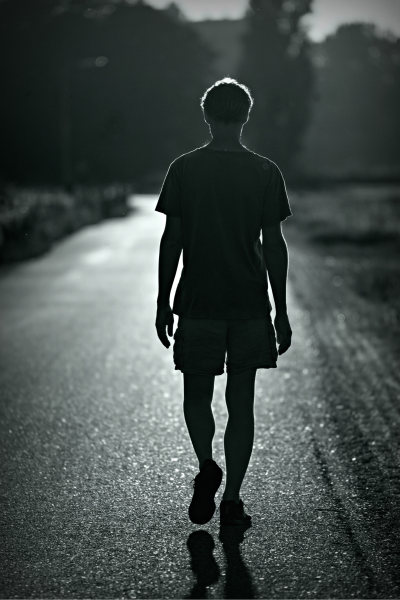Perhaps you’ve been sad for a long period of time. Maybe you’re fatigued or have difficulty accessing a range of emotions, including a sense of care. Or perhaps your symptoms have become so distressing that you feel a sense of hopelessness and even have started to have thoughts about death and dying. You just might be depressed.
According to the United States Center for Disease Control (National Center for Health Statistics; February, 2018; “Prevalence of Depression among Adults Aged 20 and Over, 2013-2016”), depression affected approximately 8.1% of American adults for the years of 2013 to 2016. Authors of this study indicate that due to study sampling issues, this number might be artificially low, as not all individuals who are depressed are properly identified. This makes depression one of the most common mental health issues to be addressed through counseling, and there remains a number of effective treatments.
Are you depressed? Depression can manifest through a number of different symptoms in all areas of life and may express itself at different levels of intensity (i.e., mild, moderate or severe) and frequencies (i.e., single episode or recurrent episodes). It can disturb thinking, feeling, behavior, relationships and physical health. Here is a list of symptoms which may indicate that it might be time for you to be assessed for the presence of depression.
